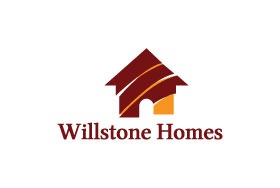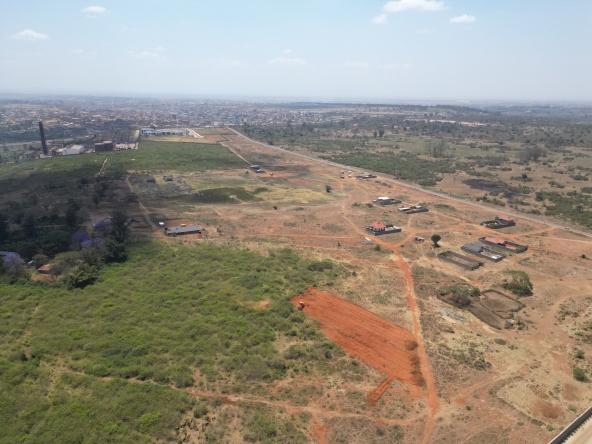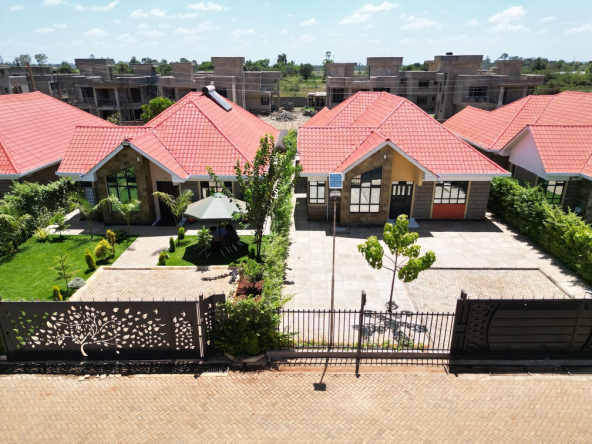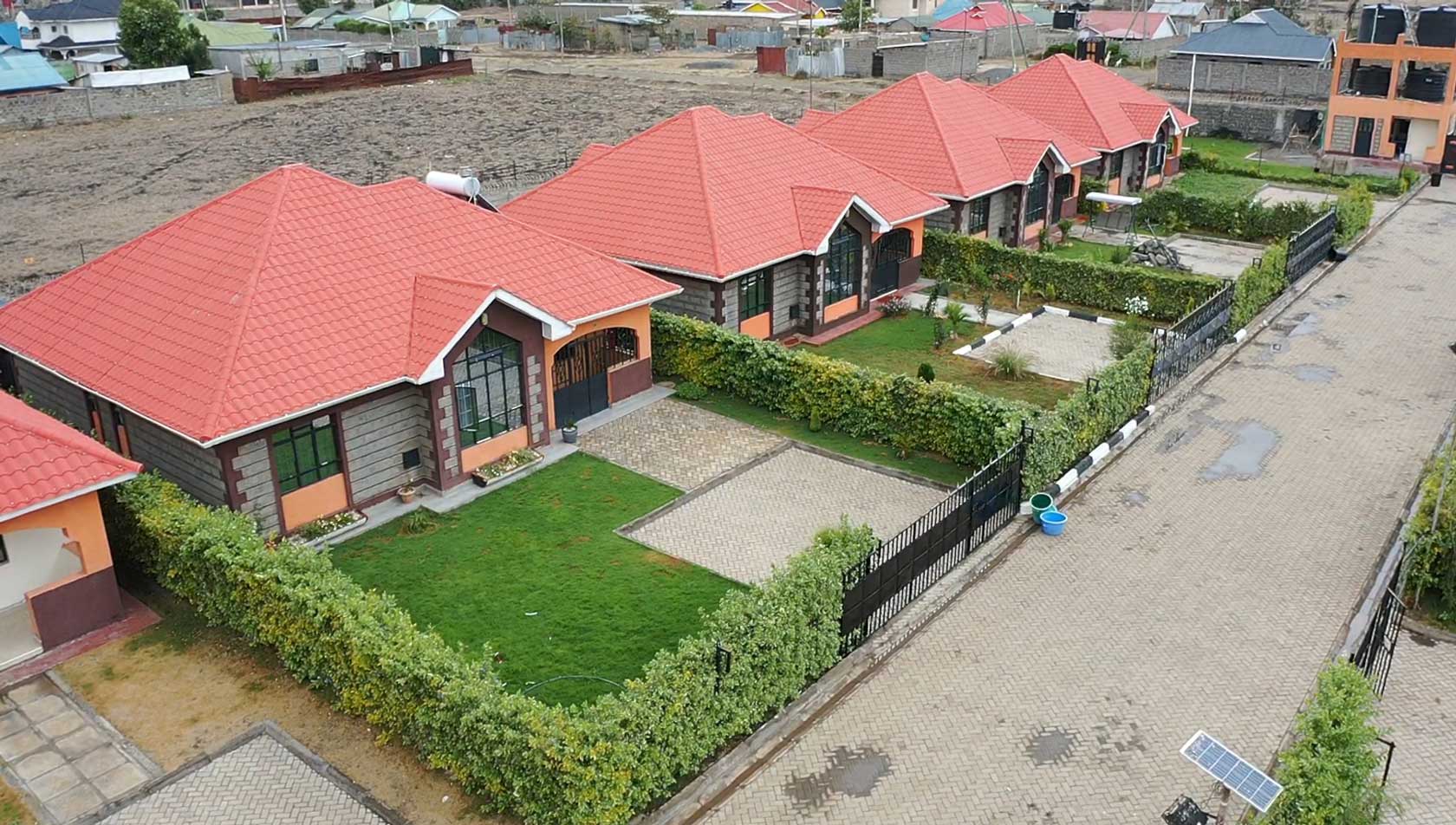The Kenyan real estate sector has undergone significant transformations over the past decade, largely driven by technological advancements. Property technology (PropTech) is revolutionizing the way properties are bought, sold, and managed. This disruption is reshaping the industry, making it more efficient, transparent, and accessible. From virtual tours and digital property listings to data-driven investment strategies and online property management tools, PropTech in Kenya is redefining the real estate landscape. With increasing demand for both residential and commercial properties in Nairobi, the role of real estate technology in Kenya is becoming even more crucial.
The Rise of PropTech in Kenya
In Kenya, PropTech has emerged as a key driver of innovation, helping both buyers and sellers streamline their processes. The country’s real estate market is experiencing growth due to urbanization, a burgeoning middle class, and rising interest in homeownership. However, despite these factors, challenges such as inefficient processes, high transaction costs, and lack of transparency have hindered the sector’s growth. Property technology in Kenya has stepped in to address these gaps by providing technological solutions that facilitate faster, easier, and more secure transactions.
Digital Platforms for Property Listings
One of the most significant developments in the Kenyan real estate market is the rise of online platforms for property listings. Websites and mobile apps such as Property24, BuyRentKenya, and Jumia House have made it easier for buyers and sellers to connect. These platforms allow sellers to list their properties digitally, complete with high-quality images, detailed descriptions, and virtual tours. For buyers, this means easy access to a wide range of properties, reducing the need for physical visits to multiple locations.
Benefits of Digital Listings:
- Broader Reach: Listings can reach a national or even international audience, increasing the potential for sales.
- Cost Efficiency: Sellers can save on advertising costs that would otherwise be spent on print media and billboards.
- Transparency: Buyers can see accurate property details, reducing the likelihood of fraud or misrepresentation.
Virtual Property Tours and Augmented Reality (AR)
Another area where PropTech is making a significant impact is in the use of virtual property tours. Virtual tours and 3D walkthroughs are becoming an integral part of the property-buying process. Companies like Opendoor and Matterport are offering innovative solutions that enable buyers to view properties remotely, providing a more immersive and detailed experience than traditional photos or videos.
In Kenya, virtual property tours are particularly beneficial given the country’s diverse geography and the challenge of reaching remote areas. By offering online viewing options, real estate technology can cater to potential buyers who may not have the time or resources to visit properties in person.
Benefits of Virtual Tours:
- Convenience: Buyers can tour properties from the comfort of their own homes, saving time and travel expenses.
- Increased Engagement: 3D tours and AR can captivate potential buyers, increasing their interest in properties.
- Reduced Physical Interaction: Virtual tours are especially useful in the context of health concerns, reducing the need for in-person interactions.
PropTech in Property Management
Property technology has also greatly impacted property management in Kenya. Real estate companies and property managers are increasingly using software to streamline their operations. Property management tools such as Landlordy, Rentec Direct, and Mold Busters help landlords manage tenants, track payments, schedule maintenance, and handle other aspects of property management digitally.
These platforms are empowering property managers by providing real-time insights into property performance, helping them optimize their operations and reduce costs. They also facilitate better communication between property managers, landlords, and tenants, making it easier to resolve issues quickly.
Benefits of PropTech in Property Management:
- Efficiency: Automates administrative tasks, reducing the need for manual labor.
- Data Insights: Provides valuable insights into property performance, which can inform decision-making.
- Tenant Satisfaction: Streamlines communication and helps address tenant concerns more effectively.
Real Estate Investment and Crowdfunding
PropTech has also democratized real estate investment in Kenya. Several Real estate investment platforms have made it possible for individuals to pool resources and invest in property projects. These platforms lower the barrier to entry for investors, enabling them to participate in the Kenyan real estate market with smaller amounts of capital.
Additionally, these platforms provide access to data-driven insights, allowing investors to make more informed decisions based on market trends, location analysis, and property valuation. The use of technology to monitor investment performance and manage funds has created a more transparent and efficient investment environment.
Benefits of Real Estate Crowdfunding:
- Lower Capital Requirement: Investors can participate with smaller amounts of money, diversifying their portfolios.
- Transparency: Online platforms provide full visibility into the investment process and performance.
- Risk Mitigation: Crowdfunding spreads investment risks across multiple investors, reducing individual exposure.
The Role of Big Data and Analytics in Real Estate
Big data is playing a key role in transforming the Kenyan real estate market. By using data collected from online platforms, transaction histories, and demographic trends, PropTech companies can provide insights that help buyers, sellers, and investors make smarter decisions.
For example, platforms such as Property Analytics and Prop Data analyze data to forecast market trends, predict property values, and identify emerging investment opportunities. This use of big data not only makes transactions more efficient but also enables more accurate property valuations, which benefit both buyers and sellers.
Benefits of Big Data in Real Estate:
- Informed Decision-Making: Data analytics helps users make evidence-based decisions rather than relying on guesswork.
- Market Insights: Identifies trends and patterns in the property market, offering a competitive edge to investors.
- Better Valuation Accuracy: Provides more accurate property valuations by analyzing market trends and historical data.
Security and Blockchain Technology
Security remains a major concern in the Kenyan real estate sector, particularly with regards to fraudulent property transactions. Blockchain technology is offering a promising solution. By providing a transparent and immutable ledger for property transactions, blockchain helps reduce fraud and ensures that all parties in a transaction have access to the same verified information.
In Kenya, some companies are beginning to explore the use of blockchain for land registries and property transfers, ensuring that all records are secure and transparent. This technology has the potential to greatly improve the integrity of the property market.
Benefits of Blockchain in Real Estate:
- Transparency: Blockchain creates an open, transparent system for property transactions, reducing the risk of fraud.
- Security: Transactions are recorded in an immutable ledger, making it nearly impossible to alter or fake property records.
- Faster Transactions: Blockchain can streamline the transfer process, making property transactions quicker and more efficient.
Challenges in Implementing PropTech in Kenya
Despite the many benefits of PropTech, its widespread adoption in Kenya faces several challenges. These include:
- Lack of Digital Literacy: A significant portion of the population, particularly in rural areas, may not be familiar with PropTech tools, limiting their access to digital property solutions.
- Regulatory Hurdles: The real estate sector in Kenya is still evolving, and regulatory frameworks around PropTech and blockchain technology are not yet fully developed.
- Infrastructure Limitations: Limited internet access and unreliable electricity in some areas can hinder the effectiveness of PropTech solutions, particularly in remote regions.
The role of technology, particularly PropTech in Kenya, is undeniable in transforming the Kenyan real estate sector. It is improving the way properties are bought, sold, and managed, offering greater efficiency, transparency, and accessibility. However, challenges such as digital literacy, infrastructure limitations, and regulatory issues must be addressed for PropTech to achieve its full potential. As the industry continues to innovate, the future of real estate technology in Kenya looks set to be more connected, efficient, and data-driven than ever before.




